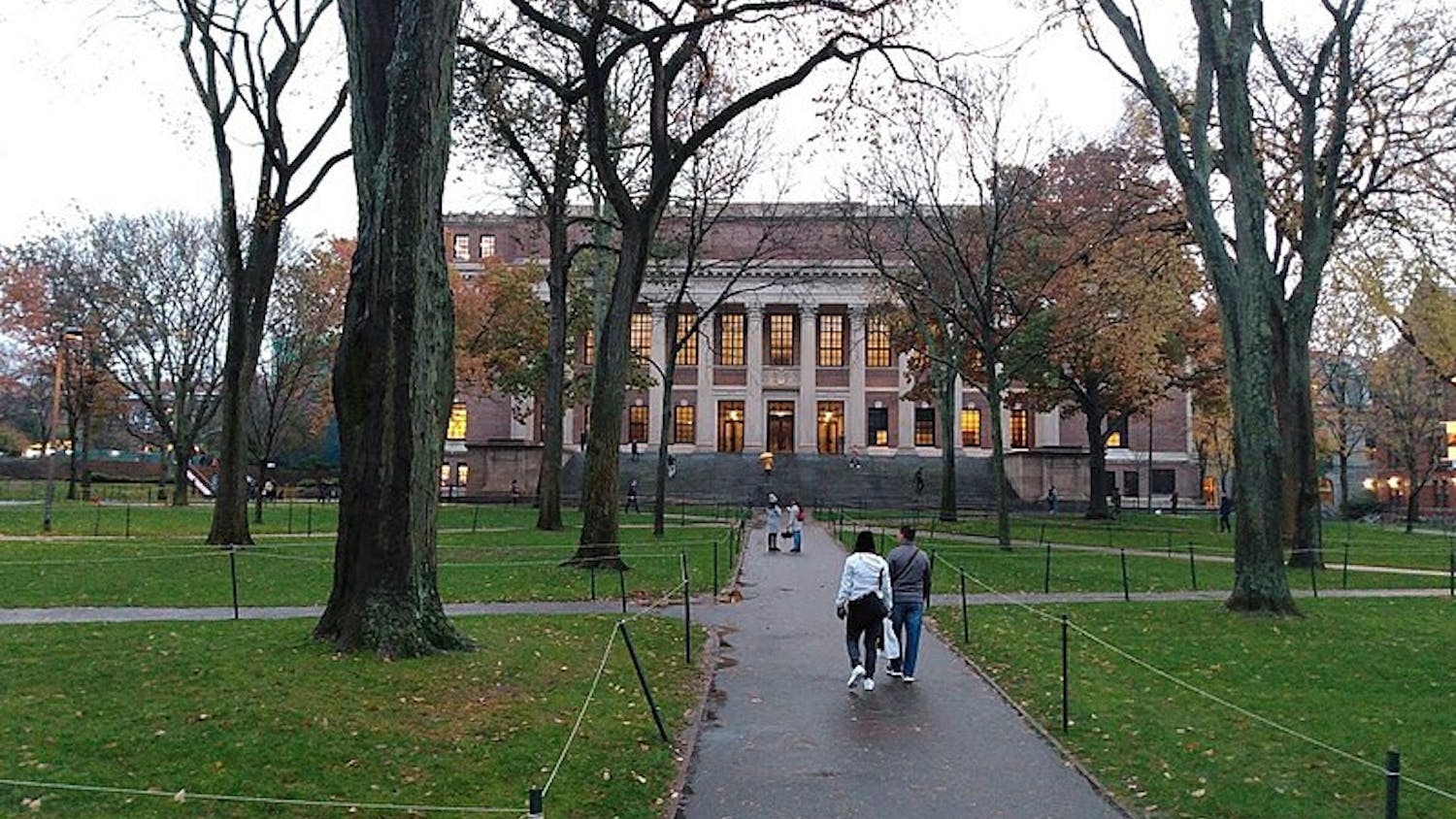By Connor Carlin
Correspondent
Early on in its tenure, the Biden Administration has signaled an ambitious progressive agenda, including the just-passed $1.9 trillion American Rescue Plan and a planned $3 trillion infrastructure plan, according to the New York Times. What might be left lingering on the shelf is the administration’s response to a renewed push by Republican state legislators for strict voter ID requirements.

On March 25, Georgia Gov. Brian Kemp (R-GA) signed into law a 98-page bill overhauling the state’s voting system called the Election Integrity Act of 2021. According to New York Times analysis, the bill’s passage caused a firestorm of criticism based on some of its provisions that added voter ID requirements for absentee ballots, sharply curtailing the number of ballot drop boxes per county and cutting the amount of time allowed to request absentee ballots in half.
Critics have cited these, among other provisions, as evidence that the bill is motivated by partisan backlash against the results of the 2020 presidential and 2021 runoff senate elections — all contests in the traditionally Republican state in which Democratic candidates prevailed. Particular criticism has been levied at the law’s potential negative impact on voting access in urban centers such as the Atlanta Metropolitan area, where the largely African American constituency was instrumental in Democratic victory.
This provided the Administration with ample opportunity to stake its position in the voting rights debate. President Biden was among the law’s most vehement critics, labeling it “Jim Crow in the 21st Century” and saying that the Justice Department would be “taking a look” at it. Biden went on to publicly support H.R. 1, also known as the For the People Act, or the John Lewis Voting Rights Act. The Democratic-controlled House’s voting rights legislation intended to expand ballot access and limit the scope of election restrictions states are allowed to engage in. Despite the President’s harsh comments, however, according to CNN, his administration began to quickly shift its attention to another massive policy goal: a $2.3 trillion infrastructure plan that reportedly will take months of work to get passed in Congress.
A major theme of the Biden’s Presidency so far, as has been analyzed by David E. Sanger of the New York Times, has been to rebuke former President Ronald Reagan’s famous phrase “Government is not the solution to our problems; government is the problem.”
Biden has thus far passed a nearly $2 trillion relief and stimulus bill, filled with provisions not only to financially aid Americans hurt by the Covid-19 pandemic, but also provide ample child tax credits, small business and transportation grants, and low-income housing funds. Sanger reported that aides have eagerly relayed Biden’s motivation to reassert the orthodoxy of Franklin Roosevelt and Lyndon B. Johnson that the federal government can be a force for positive change.
The primary way Biden plans to do this is pushing for more expansive deficit spending legislation to reinvigorate the American economy. Biden’s infrastructure plan is the next step in that process. Voting rights, however, though heralded by the Administration’s press releases and public comments, has seemed to take a backseat, and according to The Guardian, some supporters are worried that the Biden Administration has not given it adequate focus.
Since Jan. 20, the Biden Administration has spent a majority of its time in office negotiating passage of The American Rescue Plan, with attention spared for foreign affairs and the reversal of various Trump Era policies such as the transgender military ban and limits on legal immigration during the pandemic. Biden has made no public statements or major policy commitments between then and now other than issuing Executive Order 14019 on March 7, commemorating the 56th Anniversary of Bloody Sunday, the day Civil Rights marchers faced a violent assault by police on the Edmund Pettus Bridge in Selma, Alabama.
The order was, according to CNN, “an initial step” in the administration’s plans to protect voting rights, directing the heads of federal agencies to submit proposals on how their agencies can aid in promoting voting rights and expanding voter access within 200 days. Other provisions of the order call for expanding access to federal employees, the disabled community, formerly incarcerated individuals and Native Americans.
In addition, Biden delivered a speech the same day stressing his commitment to voting rights at the Coretta Scott King Unity Breakfast, saying, “every eligible voter should be able to vote and have that vote counted. If you have the best ideas, you have nothing to hide. Let the people vote.” He rounded out the speech with a call for Congress to restore sections of the Voting Rights Act of 1965 that was struck down by the Supreme Court in Shelby County v. Holder (2013), a case most credited with opening the door for states to begin adopting more restrictive voting systems.
While Georgia’s efforts have gained widespread attention, they are only the most public example in a series of restrictive states’ proposals countrywide. According to a report released by the Brennan Center, since February, 361 bills with voting restrictions have been introduced, pre-filed, or carried over in 47 states, mostly by Republicans, and specifically to counter the concerns of voter fraud brought about by the 2020 presidential election. For clarification, the Brennan Center added that these allegations of widespread election fraud are “baseless and racist,” and the bills are generally targeted at cutting off the early voting and mail-in ballot options which heavily favored Democratic candidates.
As Georgia’s Republican-dominated government leads the charge to further restrict voting rights, some Biden supporters are worried that the administration is missing a crucial moment in this struggle. One of the most prominent voices in this struggle is Rev. Dr. Raphael Warnock, the newly elected Senator from Georgia and the first African American to represent the state in the Senate. Warnock was elected in Georgia’s 2021 Senate runoff election, defeating the incumbent Republican Kelly Loeffler and providing Biden with one of two Senate seats needed for Democrats to retake control of the chamber.
Speaking with CNN’s Dana Bash, Warnock called his state’s new voting legislation “an assault on democracy,” emphasizing the importance of congressional Democrats passing the For the People Act and the John Lewis Voting Rights Act to counter the tide of state level voting restriction proposals. Warnock also made a direct challenge to the President to publicly support ending the Senate filibuster, essential to allowing Democrats to pass legislation with a simple 51 vote majority rather than 60, and to have the Administration commit as strongly to voting rights as it has to infrastructure.
“We’ve got to work on the infrastructure of our country, our roads, and our bridges and we’ve got to work on the infrastructure of our democracy,” he emphasized to CNN.







